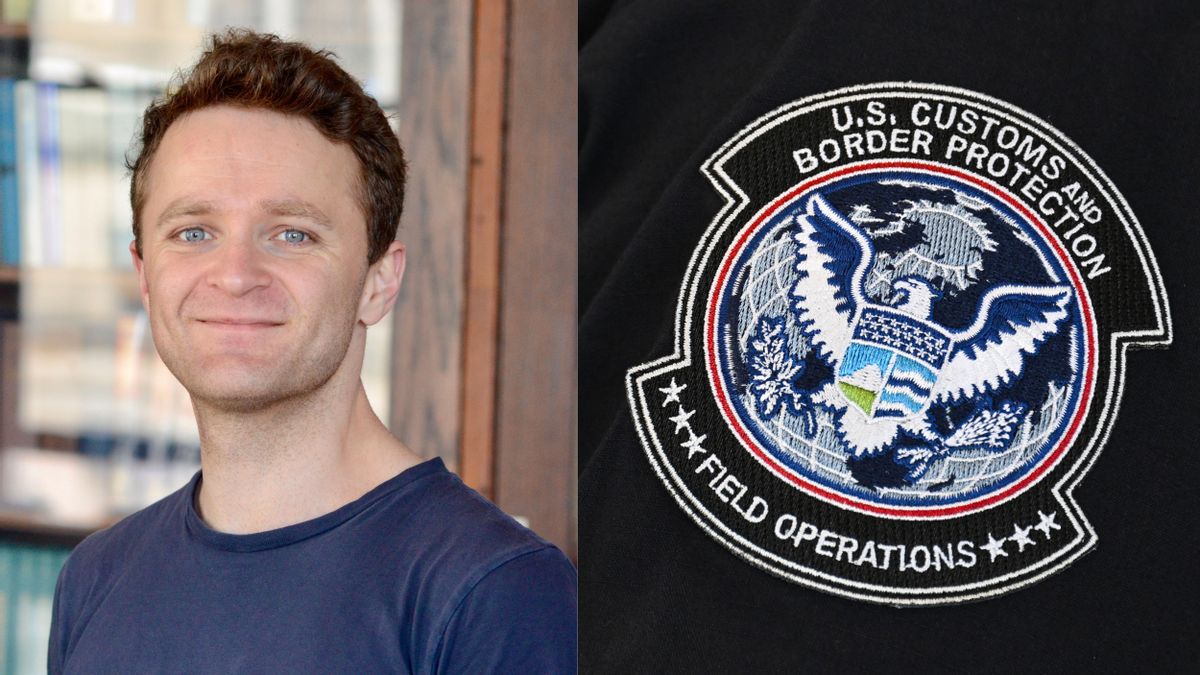Australian Blogger Deported from US Amid Disputed Reasons

Border officials cite ESTA violations while writer claims political targeting
Australian writer Alistair Kitchen was detained for 12 hours at Los Angeles International Airport and deported back to Australia on June 12, 2025. Kitchen, who described himself as a former Columbia University student, claimed he was targeted because of his blog posts about pro-Palestinian campus protests. According to Kitchen, border officials explicitly told him he was detained because of his writing on Columbia student protests related to the Israel-Hamas conflict.
The Department of Homeland Security disputed Kitchen's account, stating he was denied entry for providing false information on his Electronic System for Travel Authorization (ESTA) application regarding drug use. The ESTA program allows citizens from certain countries to travel to the United States without a visa for up to 90 days. Kitchen acknowledged that officials claimed to find evidence of drug use after searching his phone, though he maintains the search was politically motivated.
KEY POINTS
- •Australian blogger deported from US
- •DHS cites false ESTA information
- •Writer claims political targeting
Kitchen had published a seven-part series titled "Liberation Zone" about Columbia University campus protests on his personal blog. He claimed border officials questioned him extensively about his political views on the Israel-Hamas conflict, including asking about his stance on one-state versus two-state solutions and requesting names of Jewish and Muslim friends. The Committee to Protect Journalists characterized Kitchen's deportation as "a clear case of retaliation in connection with his reporting."
The incident occurred during the Trump administration's expanded immigration enforcement efforts. In April 2025, U.S. Citizenship and Immigration Services announced it would consider what it termed "antisemitic activity on social media and the physical harassment of Jewish individuals" as grounds for denying immigration benefits. Customs and Border Protection defended its actions, stating that interviewing travelers applying for admission is part of the standard admissibility process and a lawful routine procedure.